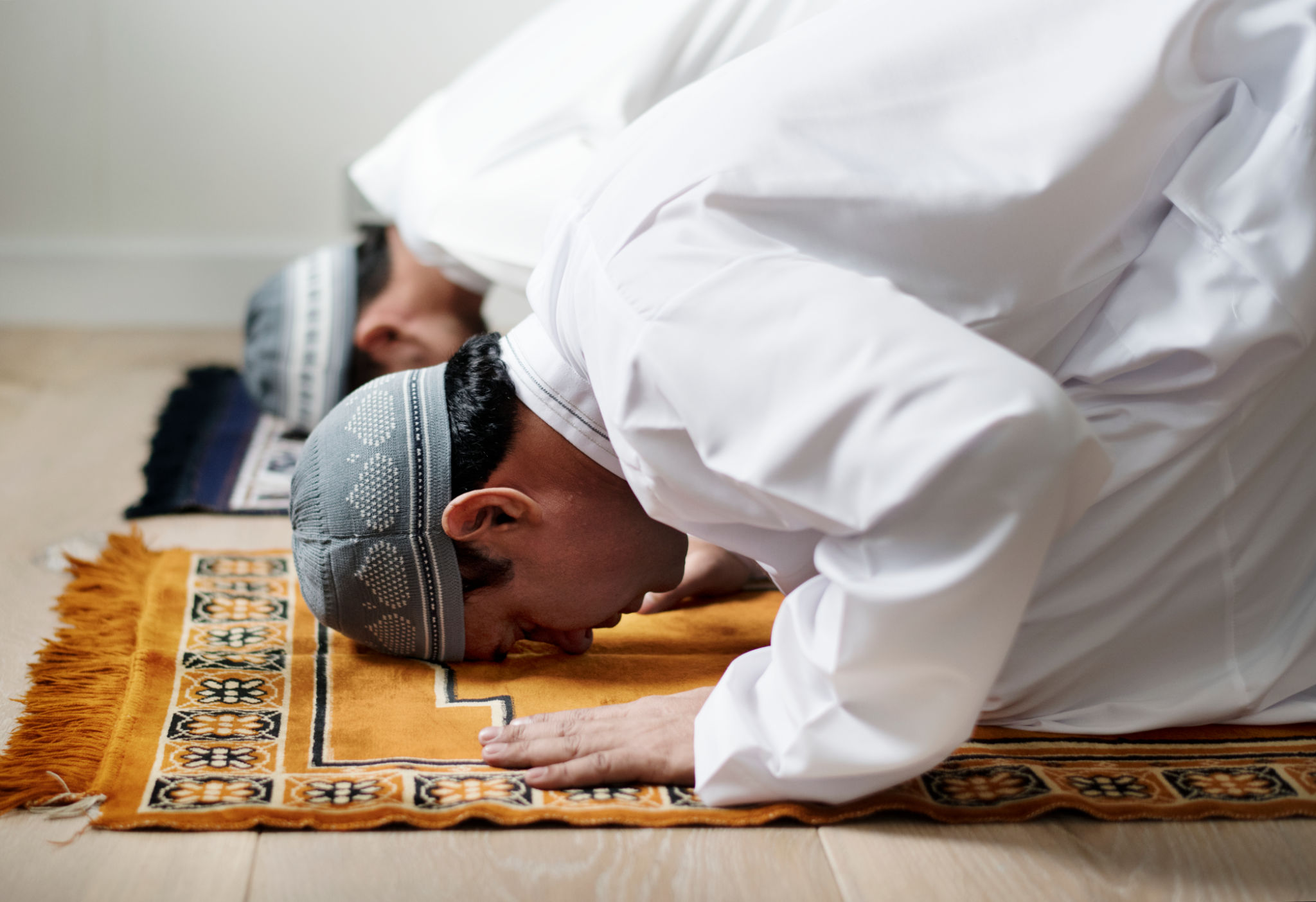Understanding Islamic Practices: A Beginner’s Guide from West End Musalla
Introduction to Islamic Practices
Islam is one of the world's major religions, with a rich tapestry of beliefs and practices. For those new to understanding Islam, it can seem daunting at first. This guide aims to provide a foundational understanding of Islamic practices, offering insights into its core elements and cultural significance. Whether you're exploring Islam for personal interest or academic purposes, this guide will serve as a helpful starting point.

The Five Pillars of Islam
The Five Pillars of Islam are the foundation of a Muslim's faith and practice. These pillars are considered mandatory for all Muslims and include:
- Shahada: The declaration of faith, professing the oneness of God and the prophethood of Muhammad.
- Salah: Performing ritual prayers in the proper way five times each day.
- Zakat: Paying an alms (or charity) tax to benefit the poor and the needy.
- Sawm: Fasting during the month of Ramadan as an act of self-purification and reflection.
- Hajj: Making a pilgrimage to Mecca, if physically and financially able, at least once in a lifetime.
Prayer and Worship
Salah, or ritual prayer, is a vital practice in Islam. It is performed five times a day at prescribed times, facing the Kaaba in Mecca. These prayers are a direct link between the worshipper and God. Before praying, Muslims perform a purification ritual called wudu, which involves washing specific parts of the body. This act symbolizes spiritual purity and readiness to stand before God.

Fasting During Ramadan
Ramadan is the ninth month of the Islamic lunar calendar, observed by Muslims worldwide as a month of fasting, prayer, reflection, and community. During Ramadan, Muslims fast from dawn till dusk, abstaining from food, drink, and other physical needs. The fast is broken each evening with a meal called iftar. This period is not only about abstaining from food but also about purifying the soul, focusing on God, and practicing self-discipline.
Charity and Giving
Zakat, or almsgiving, is another crucial element of Islamic practice. It is a fixed percentage of income that a Muslim must give to charity, usually 2.5% of their savings. The concept behind zakat is to support those in need and encourage economic equality. Beyond zakat, Muslims also engage in sadaqah, which refers to voluntary charity given out of compassion or generosity.

The Significance of Hajj
Hajj is an annual pilgrimage to Mecca that every Muslim must undertake at least once in their lifetime if they are able. It takes place during the Islamic month of Dhu al-Hijjah and involves a series of rituals including walking around the Kaaba seven times, walking between the hills of Safa and Marwah, and standing vigil on the plains of Mount Arafat. Hajj is considered a profound spiritual journey symbolizing equality and unity among Muslims.
Conclusion
Understanding Islamic practices provides valuable insights into the lives of millions worldwide who follow this faith. From daily prayers to annual pilgrimages, these practices are deeply ingrained in Muslim life, fostering a sense of community, discipline, and devotion. Whether you are exploring Islam for the first time or seeking to deepen your understanding, recognizing these core aspects is essential to appreciating the richness and diversity within Islamic culture.